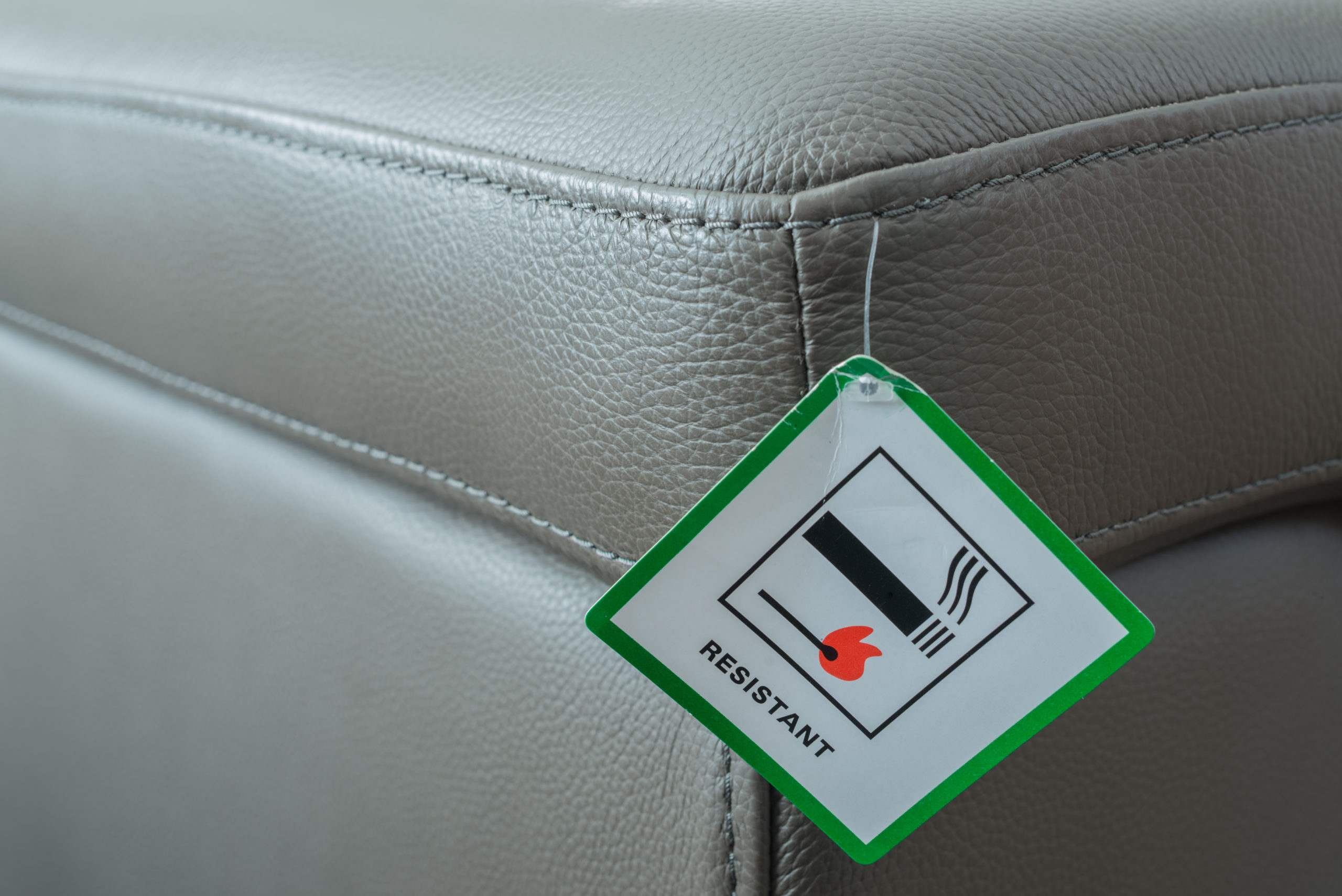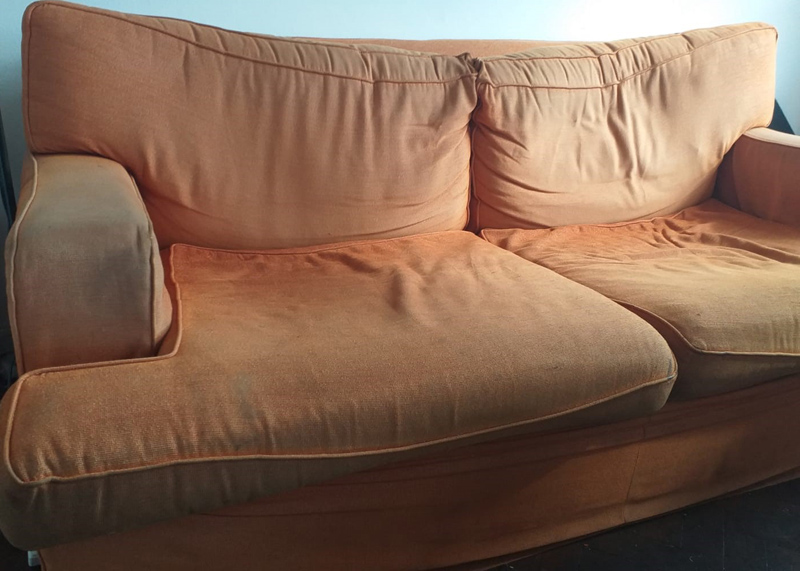Vernon Smith, the Agency’s waste and industry regulatory services manager, wrote to around 1,500 businesses instructing them to review their procedures to ensure waste upholstered domestic furniture is treated correctly.
The Agency says it sent the letter to all permitted waste transfer stations and a number of trade associations for waste management companies, furniture reuse firms and upholstery businesses.
Mr Smith says the Agency will start monitoring compliance from “early 2023”, with a “more formal” audit campaign planned for August.
“We are contacting you, before we undertake compliance checks, to make sure you are aware of the requirements and give you the opportunity to review your procedures and ensure affected wastes are being managed correctly,” Mr Smith writes in the letter.
Treatment
After an investigation found large levels of POPs in seating textiles and foams, the Environment Agency last year issued instructions that waste upholstered domestic seating must be sent for incineration rather than landfill and cannot be mixed with non-POPs waste (see letsrecycle.com story).

The correct treatment of waste upholstered domestic seating such as sofas, armchairs and beanbags includes segregating the material, describing and classifying it correctly and sending it for destruction in a municipal or hazardous waste incinerator or cement kiln, Mr Smith says.
Businesses must only shred and mix waste upholstered domestic seating “where that is necessary to achieve the specification provided to you by the destination incinerator”, Mr Smith says. Businesses must do so in accordance with the Agency’s guidance and with appropriate abatement and containment controls in place to prevent the release of foam, fabric and particulates containing POPs.
The Agency has published an interim regulatory position statement (RPS), RPS264, to allow shredding to continue while businesses install the appropriate abatement systems (see letsrecycle.com story).
“Our compliance activity will be risk based and targeted at activities that are high risk,” Mr Smith writes. “This includes landfilling and not operating in accordance with the guidance on preparation for destruction of POPs or RPS264 on shredding waste upholstered seating containing POPs.”
Compliance
The Environment Agency published its RPS and guidance in December and is said to have warned council they would not be compliant with legislation if a solution was not in place from 1 January.
Waste containing POPs must be incinerated and must not be re-used, recycled or landfilled
– Vernon Smith, Environment Agency waste and industry regulatory services manager
There have been widespread concerns from both councils and the private sector that there was not enough time to ensure compliance with the requirements (see letsrecycle.com story).
In his letter, Mr Smith writes: “The law requires that POPs in waste are destroyed to prevent lasting environmental harm and impacts on the food chain. This means waste containing POPs must be incinerated and must not be re-used, recycled, or landfilled. Most treatment is also prohibited.”
The Agency says it will continue to work with its key stakeholders, who include the Environmental Services Association, Chartered Institution of Wastes Management, United Resource Operators Consortium, the Wood Recyclers’ Association, the Charity Retail Association and the Re-Use Network, to “help deliver a high level of compliance”.
There is also an industry ‘resolver group’ to support customers in delivering compliance, the Agency says.
Related link
Environment Agency POPs letter











Subscribe for free